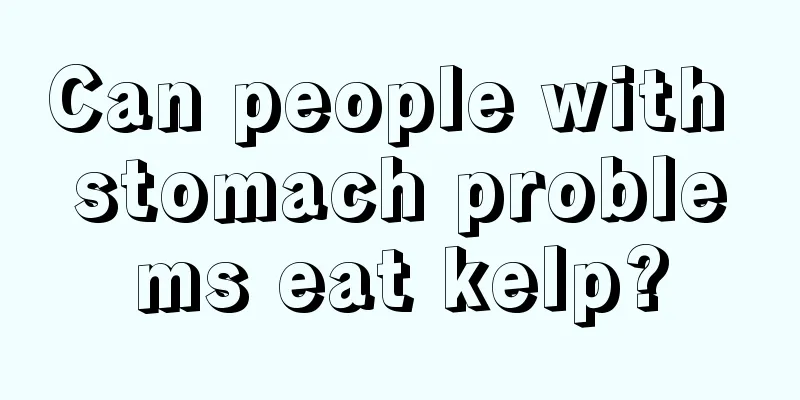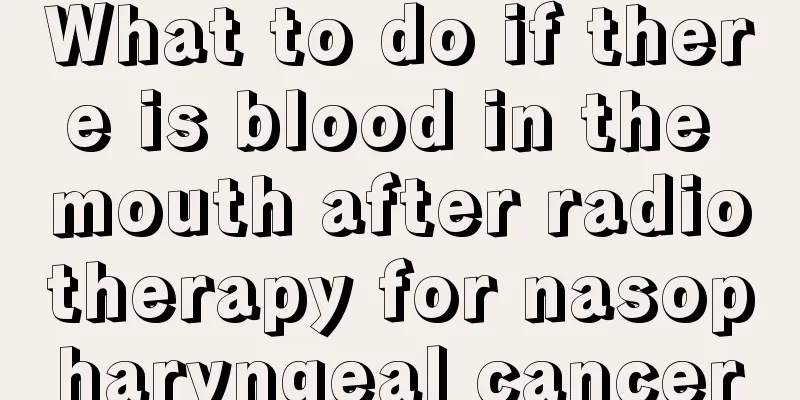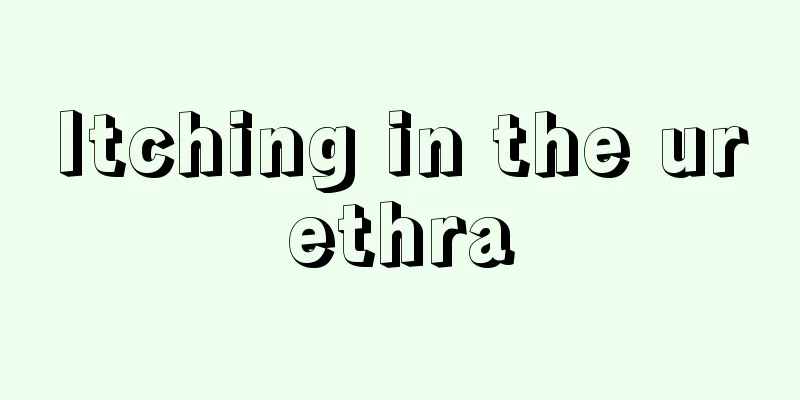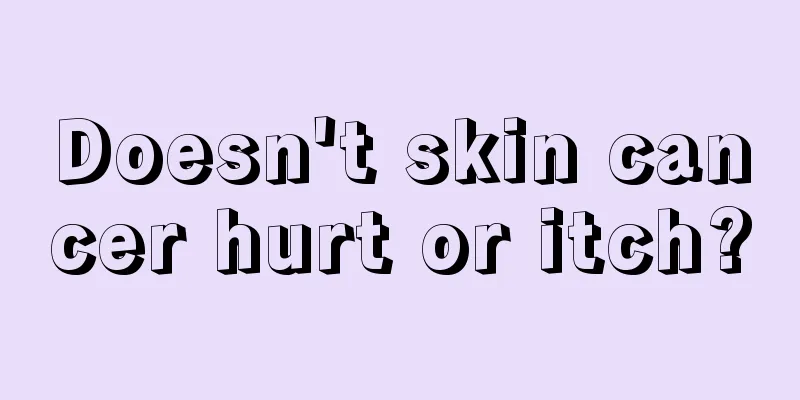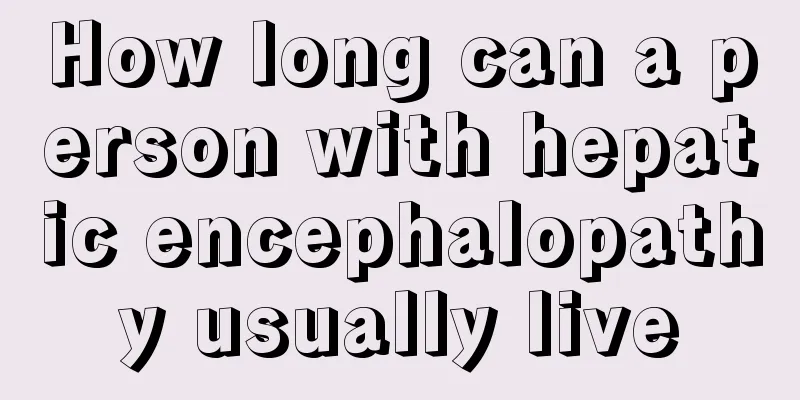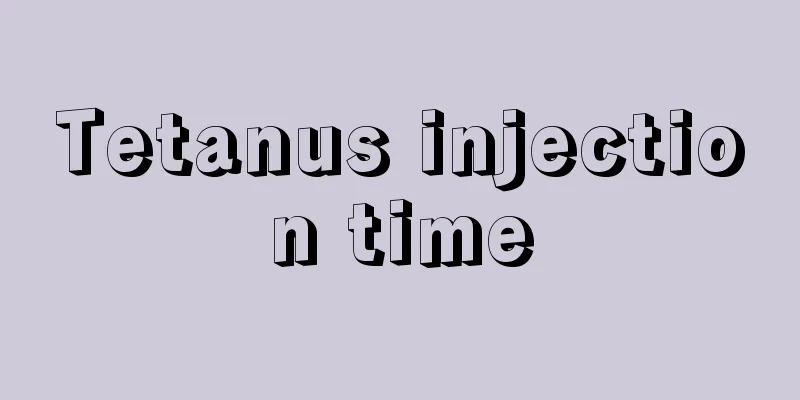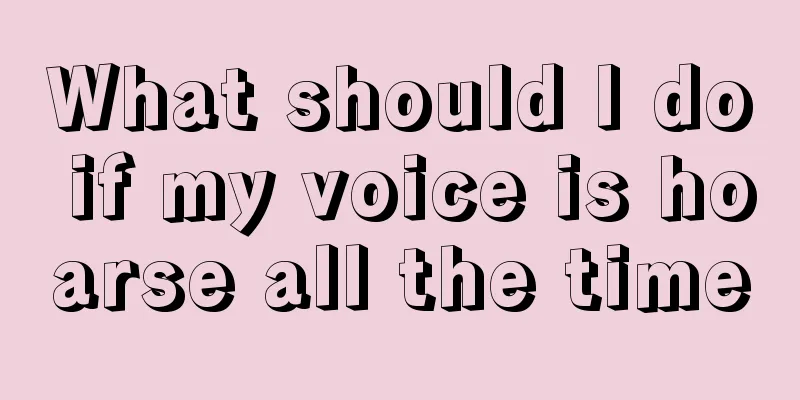The dangers of taking medicine on an empty stomach
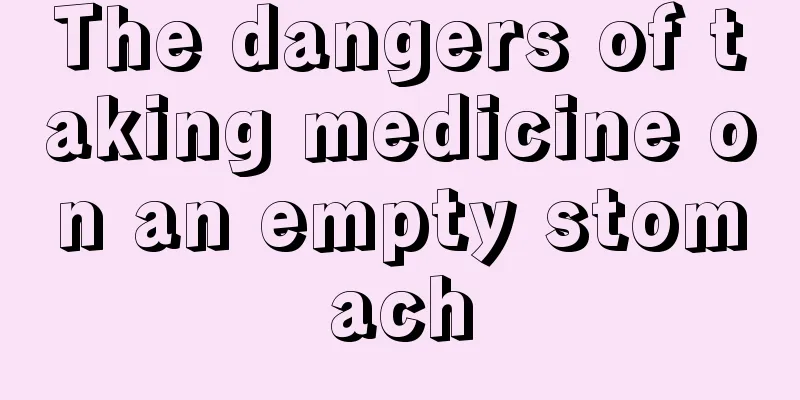
|
In daily life, we often get some minor illnesses, such as colds, fever, diarrhea, etc. These minor illnesses generally do not require treatment in the hospital. People can alleviate the symptoms through medication. There are certain rules for taking medicine at this time. Some medicines can be taken on an empty stomach, and some medicines must be taken after meals. We can take them according to the instructions. Taking medicines on an empty stomach may cause stomach pain, nausea, etc. 1. Fasting refers to the period from 2 hours after the last meal to 1 hour before the next meal. Generally, taking medicine before meals refers to taking medicine on an empty stomach, and taking medicine after meals refers to taking medicine with meals or within 1 hour after meals, that is, there must be food in the stomach. 2. The time to take medicine is related to the type of medicine. Some antiemetics, some triglyceride-lowering drugs, or anti-gastrointestinal spasmodics will specify an exact time to take medicine, usually 30 minutes before meals. Some medicines must be taken with food to work, and some medicines should be taken 1 hour after meals for the most lasting effect. For example: using common antacids (stomach medicines). Of course, this also depends on the patient's tolerance. Most antibiotics should be taken before meals, but some patients have severe gastrointestinal reactions and feel obvious nausea or stomach pain, so they can only change to taking them with or after meals. 3. Different medication times are available for different diseases. For insomnia, medication should usually be taken half an hour before bedtime to ensure that it works in time. For antihypertensive medication taken once a day, it is best to take it in the afternoon near dusk, because that is when blood pressure is highest. Secondly, you should strictly follow the instructions or doctor's orders. You should take it orally if necessary, and chew it if necessary. Don't think that this is an unimportant matter. Except for some medications that are taken orally, you must drink water when taking medication. Taking medication without drinking water is very harmful. At the very least, it will affect absorption and reduce the efficacy of the medication. At the worst, it will irritate the esophagus and cause surface ulcers, and even aggravate liver and kidney damage, with disastrous consequences. The specific situation and the type of medication to be taken can determine the answer. |
<<: Eating mango on an empty stomach causes stomach pain
>>: What to do if the red mark on the scar on my face falls off
Recommend
What is the correct way to effectively prevent prostate cancer?
Prostate cancer is a malignant tumor that occurs ...
The efficacy and function of earthworms, high medicinal value
The Chinese medicine earthworm is cold in nature ...
How to remove bamboo mat mites?
Mites are a kind of parasite that has a very big ...
How can I keep my skin firm?
No matter which country it is, anti-aging will al...
Life expectancy after surgery for early kidney cancer
Kidney cancer is a common and frequently occurrin...
What to do if you eat maggots
In daily life, when we don’t want to cook, we wil...
Biliary ascariasis
If the ascaris enters the bile duct system, it be...
Can I eat before doing a CT scan of my lungs?
Usually, CT scan is needed during physical examin...
Are prostate nodules cancerous? Not all of them are
Nodules may develop into cancer, but not all nodu...
Why do I feel sore and weak?
It is autumn now and people's bodies will be ...
How many years can a patient with bile duct cancer live
The issue of survival after illness has always be...
What symptoms can be checked for the diagnosis of prostate cancer
The incidence of prostate cancer is very high now...
What is the correct method of artificial respiration
We all know that when a patient faints and needs ...
Look in the mirror, 10 parts will tell you where you are sick!
How can you prevent diseases and know if you are ...
There are vertical lines under the little finger
Every once in a while, we notice an increase in t...

